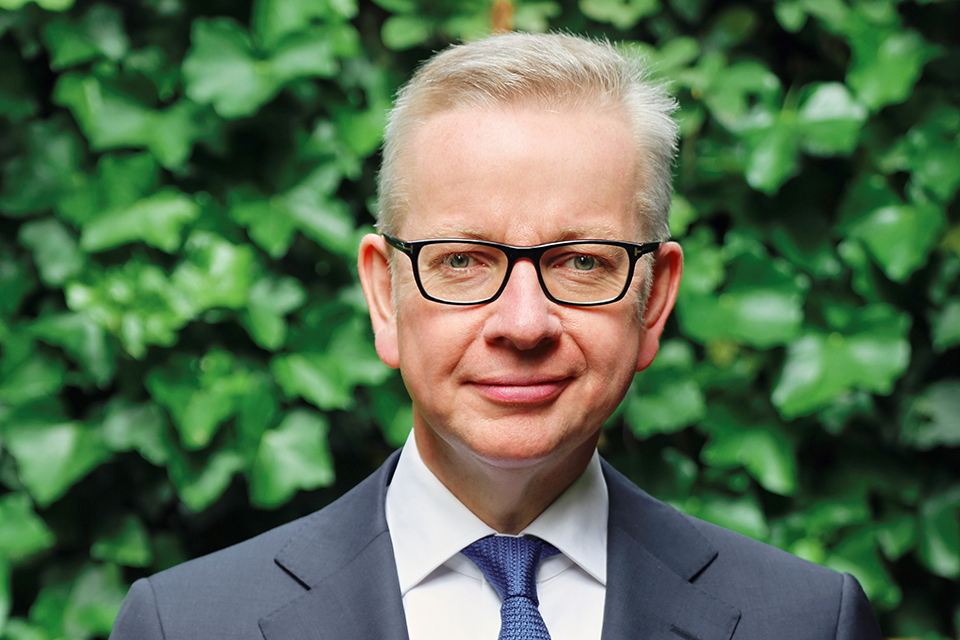Michael Gove's written ministerial statement relating to new Free School proposals
A written ministerial statement about the first 16 Free School proposals, which are ready to progress to the next stage of the process.

Michael Gove MP, Secretary of State for Education, has today laid a written ministerial statement informing Parliament that the first 16 Free School proposals are ready to progress to the next stage of the process and develop a full business case and plan.
The statement outlines the next steps in the process for the proposers and lists the proposals approved to go forward to business case and plan stage in full.
Innovation in Pupil Place Planning
Today I am announcing the first 16 Free School proposals to progress to the next stage of the process and develop a full business case and plan.
We need to reform our education system if we are to accelerate improvement to keep pace with the highest performing systems of the world and ensure that every pupil growing up in this country gets a better chance of achieving their potential. Free Schools form an integral part of the Government’s education policy to improve choice for parents and raise standards for all young people.
The proposals I have agreed to move forward to business case and plan stage today represent a diverse mix: there are parent-led, community-led, sponsor-led and teacher-led proposals; there are faith and non-faith proposals; there are proposals for large secondary schools and for small primary schools. All of these proposals have been driven by demand from local people for improved choice for their young people and I am delighted that so many promising proposals have come forward at such an early stage.
I hope that many of the projects progressing today will become the first Free Schools in September 2011. This is a challenging timescale, and some groups may decide that it is preferable to open at a later date for practical reasons. To support groups in meeting the robust requirements of the business case and plan stage, we will now be providing the proposers that progress to this stage with support co-ordinated by a named contact within my Department. At the next stage, proposers will need to make a fully detailed business case for the new school and set out their plans for opening and operating the proposed school. I will make an assessment based on this final business case on whether to allow a new school to be set up.
The proposals announced today are just the start of our Free Schools programme. My Department has received a number of promising proposals for 2012 and 2013 and we will be making further announcements about taking these forward in due course. New proposals are frequently being submitted to the Department. We want it to be open to a diverse range of groups to come forward with proposals which meet the needs of their local area, and for proposals to progress at the pace which is right for both proposers and for parents and young people in the local area.
The 16 proposals approved to go forward to business case and plan stage are (in alphabetical order):
- Bedford and Kempston Free School, Bedford Borough
- The Childcare Company, Slough
- Discovery New School, West Sussex
- The Free School Norwich, Norfolk
- Haringey Jewish Primary School, Haringey
- I-Foundation Primary School, Leicester
- King’s Science Academy, Bradford
- Mill Hill Jewish Primary School, Barnet
- Nishkam Education Trust, Birmingham
- North Westminster Free School (ARK), Westminster
- Priors Marston and Priors Hardwick School, Warwickshire
- Rivendale Free School, Hammersmith and Fulham
- St. Luke’s School, Camden
- Stour Valley Community School, Suffolk
- West London Free School, Ealing or Hammersmith and Fulham
- Wormholt North Hammersmith Free School (ARK), Hammersmith and Fulham (to be known as Burlington Primary Academy)
I will update the House as these projects progress further.
DfE media enquiries
Central newsdesk - for journalists 020 7783 8300